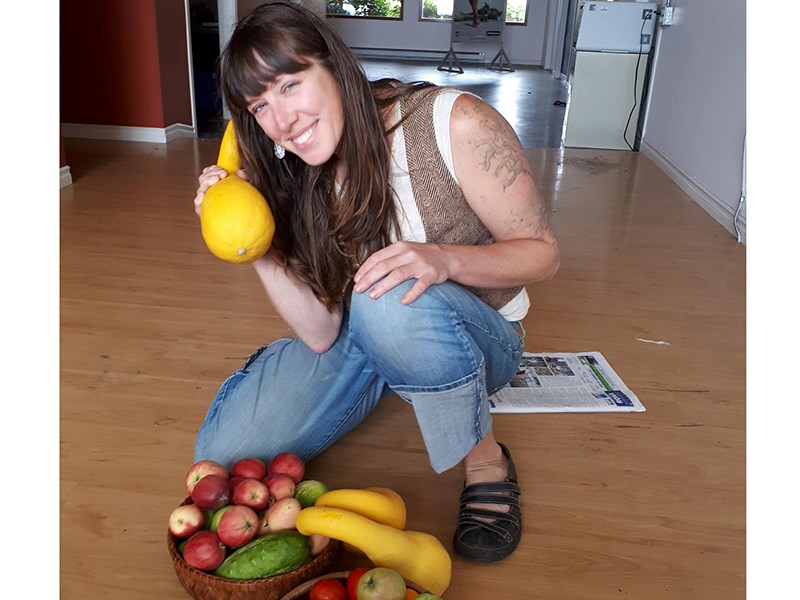In these information-saturated times, anything that can make life simpler while requiring little brain energy is appealing. We may be spending more time on screens than ever, immersing ourselves in news from around the world, filtering through spam to get to work emails, and getting drawn into social media debates.
Our attentions are diluted, and we might feel we have little left to address any hoped for behaviour changes. Fortunately, you are not the first one to face such a depletion dilemma, and behaviour scientists have come to the rescue with some tips to support long-lasting change: get clear, keep goals simple and design your environment for success.
Zero-waste goals are no different. We all want to tread lightly on the planet, but like many habit changes, they can encounter resistance at first.
Start by getting clear about your goals. Do you want to drive less, grow food, learn how to repair an appliance, or start up a business selling upcycled furniture? Once you have the seed of your intention, you can assess how realistic it is to grow.
Is it as simple as selling your car and using your bike? Great.
Maybe it is more involved, and means having a conversation with your partner about selling your second vehicle.
Whatever the goal, make sure you are confident that you can take manageable steps towards it, so you don’t burn out before you’ve even gotten started.
Lists are a great tool for getting clarity and focus. More than a memo on the fridge is needed, though.
We can set ourselves up for success by creating a physical environment that supports positive change. Download a how-to-fix YouTube video to watch with your morning coffee the night before. Set up some boxes in your basement for recycling, some for depot materials (plastic bags, glass and styrofoam) and others for curbside (metal, plastic, paper containers, and printed paper and packaging).
Put your sewing machine, thread and ripped shirt out for the next free window you have. Set a bucket by the door to forage berries on your next walk with the kids.
Systems support us to engage in positive behaviours on autopilot. They are already supporting other behaviours we want to shift, so why not make this truth work for you?
When it comes to lifestyle changes, it’s often the slow, incremental shifts that last and have a big impact. This is true at a communal level as well.
With 7.5 billion humans strolling around consuming resources and making waste, small changes in our course can take us to a far different horizon.
Locally, for instance, our community collected 7.6 tonnes of invasive species in the month of May, all that from a population of around 20,000. This prevented the spread of invasives in the backcountry through illegal dumping, removed invasives from compost and provided a local fuel for local industry (hog fuel for the mill).
Where is your compass set to? Whatever your habits are today will determine your destination down the road.
Let’s Talk Trash is qathet Regional District’s waste-reduction education program. For more information, email info@LetsTalkTrash.ca or go to LetsTalkTrash.ca.



